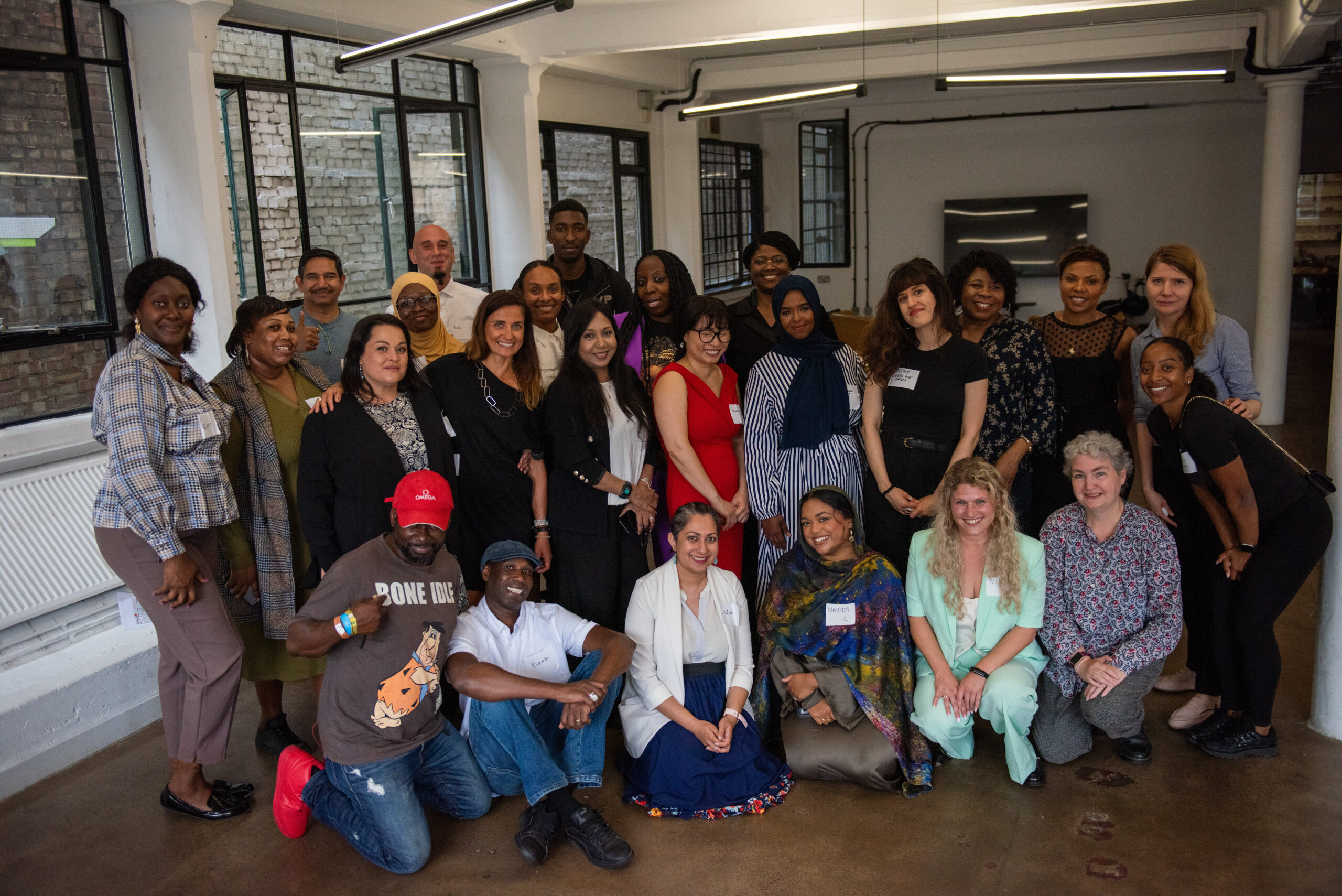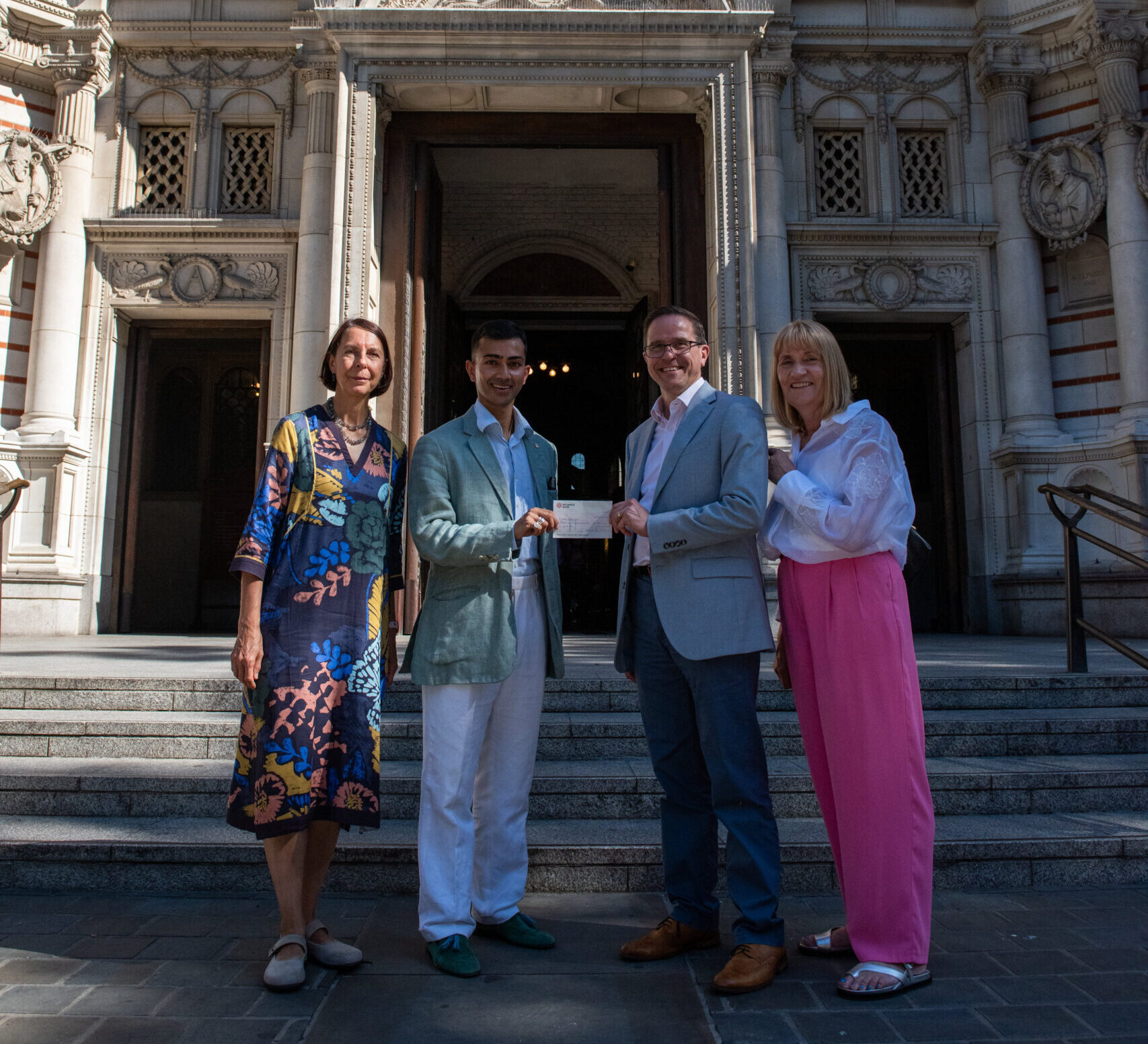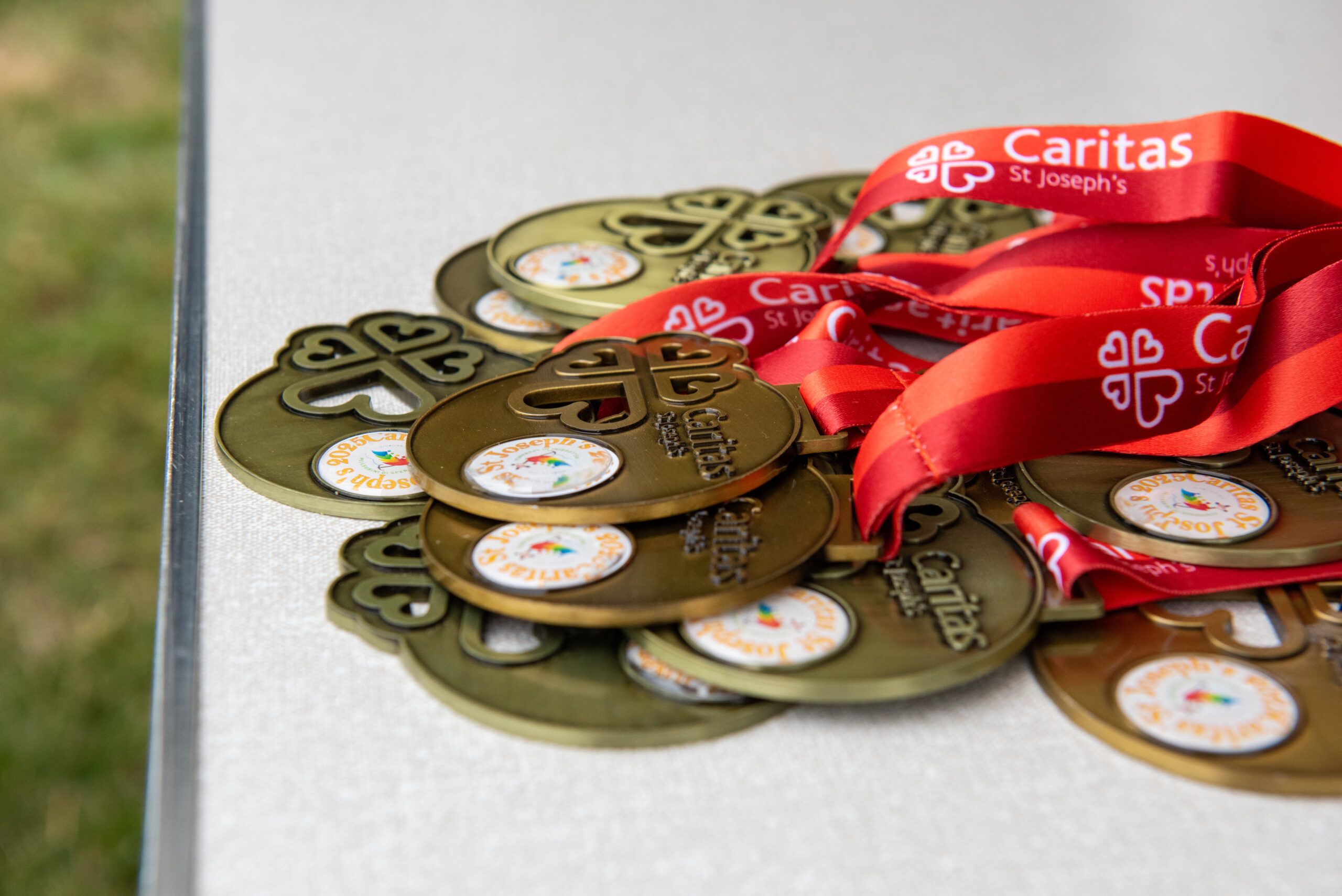
Signs of Hope, the counselling service that is part of Caritas Deaf Service, celebrates its 20th anniversary this year. Set up in January 2001, this life-saving service was innovative at its inception by providing Deaf people with counselling in British Sign Language (BSL) without the need for an interpreter to be present.
According to the British Society for Mental Health and Deafness (BSMHD), Deaf people who are BSL users are almost twice as likely to have mental health issues compared with the general population (40% against 25%). But, this rate is high only among Deaf people who were brought up in a hearing family. Those with Deaf parents – whose first language is BSL, and who are immersed in Deaf culture – have the same rate of mental health problems as the rest of the population.
The disparity between these two groups is due to the isolation that is often experienced by a Deaf child with hearing parents, as Signs of Hope counsellor Nikki Dhillon Keane explained. “In the past, sign language was not seen as a genuine language. People believed that teaching children to sign would prevent them from learning spoken English – we know now that this is not true, but it has resulted in children experiencing Communication Deprivation and being unable to take part fully in family life.”
Signs of Hope provides counselling not only for Deaf BSL users, but also for family members and friends who benefit from a counsellor who understands the Deaf Community and their culture and identity. A hearing child of a Deaf parent has grown up immersed in Deaf culture, a culture that does not need to be explained to when seeking support from Signs of Hope. A hearing parent of a Deaf child is able to access counselling that is pastoral and supportive, rather than the clinical approach of the medical profession which still today often labels Deafness as a problem to be fixed.
Counselling at Signs of Hope is offered in BSL, sign supported English and spoken English. They also work with clients who are Deafblind using “hands-on” signing or the Deafblind manual alphabet. The Catholic roots of the service are important to some clients who seek a spiritual perspective to their counselling, but Signs of Hope is open to people of all faiths or none.
The range of problems people seek counselling for is varied, however many come with trauma relating to historic abuse. Deaf people are more likely to experience domestic abuse, and to have been abused in childhood.
As well as offering one-to-one counselling for the past 20 years, in 2010, Signs of Hope developed and delivered a series of Life Skills courses thanks to funding from the Plater Trust. Anger Management, Confidence Building and Relationship Skills courses were delivered in BSL, again an innovative project, giving people the tools to deal with difficult life situations. For this project, Signs of hope were delighted to be joined by Sue Brown, a Deaf counsellor, as one of the course tutors for these life changing and in some cases life-saving sessions. The videos to support these courses are available on the Caritas Deaf Service webpages. They are both spoken and signed therefore of benefit to a wide audience.
Nikki, who set up the service with the help of Canon Shaun Lennard, and still works as the counsellor, has around 20 clients on her books at any one time. She started learning BSL when she had some Deaf friends as a teenager, and later studied it seriously at the same time as training to be a counsellor. She knew that she was called to work with Deaf people “It is a privilege to be welcomed into the Deaf community,” she said, adding how grateful she is to Mgr Seamus O’Boyle and the parish team of St John the Evangelist, Islington, where the service is based in “normal times”. Some of the team have learnt a little sign language in order to be able to welcome clients as they arrive. During the pandemic, counselling is taking place online.
Much has changed in the 20 years since Signs of Hope was set up. There are still many barriers for Deaf professionals training to be counsellors and psychotherapists, but there are now Deaf-led services like Deaf 4 Deaf and Sign Health providing support around the UK. Signs of Hope is privileged to work alongside the growing number of Deaf professionals in the sector.
And for the next 20 years? One aim must be for more Deaf people to have access to training, support and professional development, so that they can become counsellors themselves. Signs of Hope are pleased to be part of this by supporting the training of Deaf people, but many more places need to be open to Deaf people who want to train as counsellors, leading to more Deaf led services.
Another aim is for more people, especially those in caring professions, to learn BSL and understand Deaf culture. Audism, a discriminatory attitude that does not accept BSL as a genuine language, is still present in society, and it is very damaging. Deaf people are regularly denied access to information and support. “We need to raise awareness of the beauty of Deaf language and culture,” says Nikki. “The more people who learn sign language, the more bridges we can build between the Deaf and hearing worlds, something which will benefit all of us.”
Happy 20th birthday Signs of Hope!





